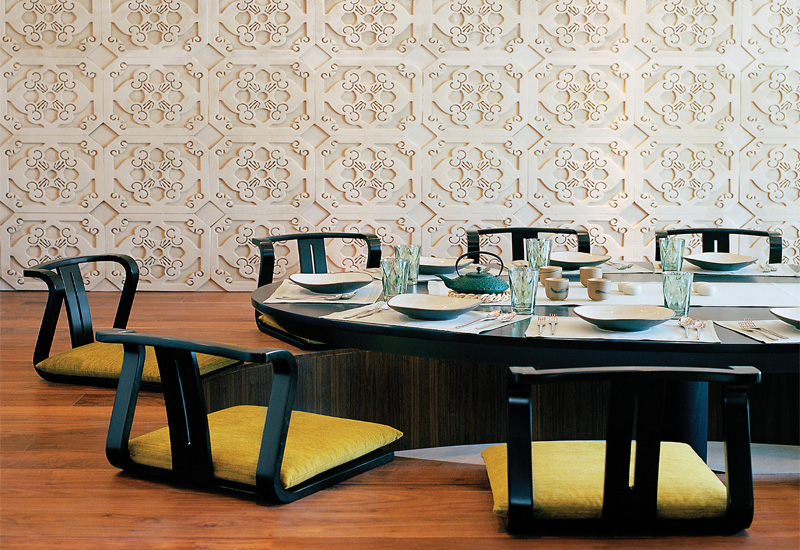New to the game
For some, 2012 marks their first year of Ramadan operations. This year, the Park Hyatt Dubai’s French restaurant Traiteur will be opening during the final three weeks of the Holy Month for the first time explains Gfrei, and it will aim to offer a similar set up to its regular brunch, but with a Middle Eastern twist.
“We are targeting a different clientele with Western, Indian and Arabic dishes,” he says. Roberto’s at DIFC is another first-timer to the Ramadan experience but it is different in that it is a stand-alone rather than hotel-based outlet.
However, that does not mean it is lacking in support, says Targal.

| Advertisement |
“We are communicating with the DIFC authority for their guidance with respect to rules and regulations during the Holy month. We have also spoken to our peers in the area for advice on their experience during the season.”
Play it safe or experiment?
There are a lot of outlets offering traditional buffets with fresh ingredients and great entertainment; so when it’s time for outlets to put their Ramadan plans into action, there’s pressure on managers to make sure their offering stands out from the crowd.
According to L’Hotel-Bahrain’s Rugina, the key to success is to play to one’s strengths – using “the outlet’s own trademarks to add a unique touch to traditional Ramadan celebration.” This comprises different elements in different outlets. Iftars and Suhours are integral parts of the season’s service; but at Park Hyatt Dubai, corporate and large private events play a big part in celebrations.
Ritz-Carlton Doha, on the other hand, is jazzing up its outlets with live cooking stations, which range from traditional Arabic creations to Asian and Western cuisine.
A big part of deciding what an outlet’s Ramadan offering should comprise depends on the demographic it is targeting.
Mango Tree, Qatar will be offering promotions geared towards families – both local and expat, while Park Hyatt will promote Traiteur for GCC visitors with high-end tastes, and use Thai Kitchen to accommodate predominantly non-fasting guests.
Whatever the target market, operators agree it’s vital an outlet stays true to its identity even whilst changing to fit with the requirements of the season.
“You need to play to your strengths,” says Roberto’s Targal. “Too often, restaurants in Dubai try to be everything to everyone – but if the strength of your kitchen is something other than Arabic cuisine, for example Italian, your seasonal deals should be Italian.”
Park Hyatt’s Gfrei believes “traditional Arabic restaurant is preferred”, but adds there are many tastes to accommodate.
“Restaurants with other themes could try a selection of Western as well as traditional Middle Eastern dishes, and keep the focus on non-Arab fasters as well as non-Muslims who wish to experience the authenticity and traditional flavours of Ramadan, but also have a variety of dishes to choose from,” he suggests.
But L’Hotel-Bahrain’s Rugina argues that the majority offering “really needs to be Arabic.”
Any restaurant that cannot meet such requirements should not advertise Iftar per se, he recommends, but rather opt for a late dinner service.
Once Ramadan offerings have been narrowed down, the issue of the competition arises.
Article continues on next page ...









 Search our database of more than 2,700 industry companies
Search our database of more than 2,700 industry companies









